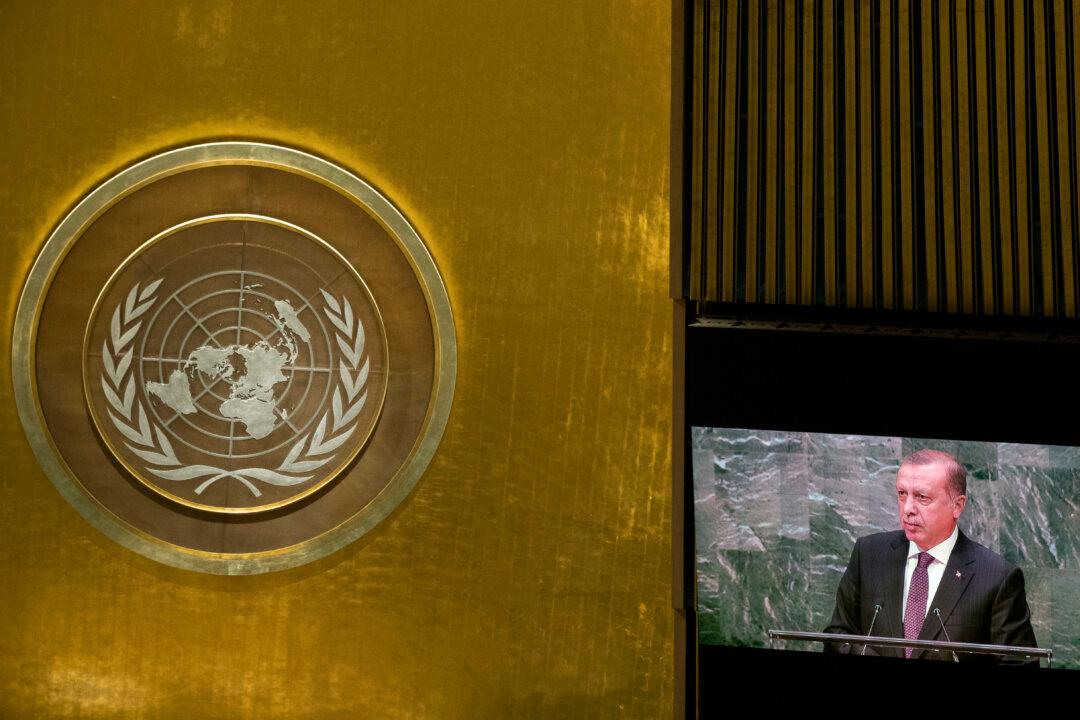A group of scientists and professionals in climate and related fields sent a letter to the United Nations on Sept. 23 declaring that “there is no climate emergency.”
“The general-circulation models of climate on which international policy is at present founded are unfit for their purpose,” the letter, sent to Secretary-General António Guterres, states. “Therefore, it is cruel as well as imprudent to advocate the squandering of trillions of dollars on the basis of results from such immature models.”





